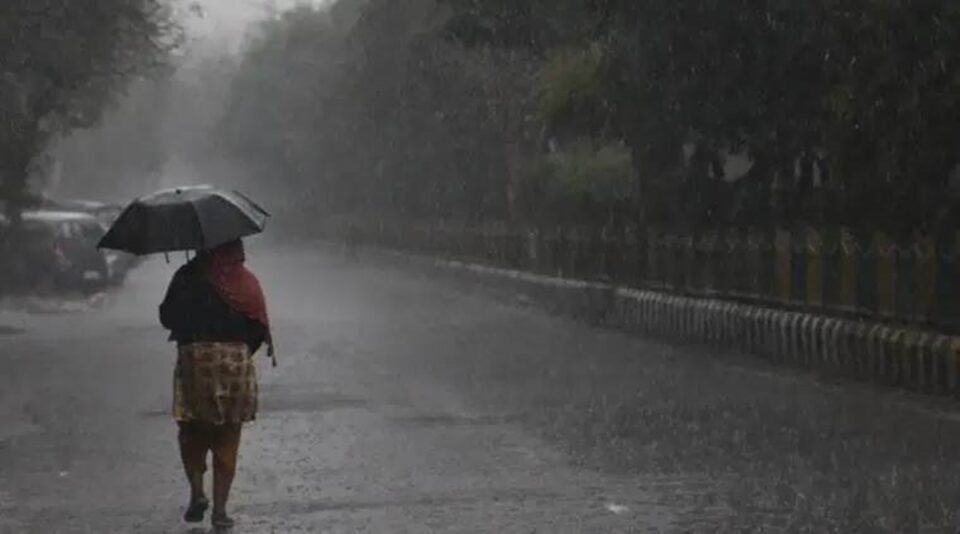India experiences its annual monsoon season from July all the way through September. The monsoon brings with it its pleasant weather, rainy spells, and also many-many water-borne diseases!
Did you know that 21% of communicable diseases are water-borne? Be it stagnated and unused or consumable, water, when contaminated, can cause ailments that can be life-threatening, to say the least.
What diseases are we talking about?
The common cold and flu, malaria, dengue, leptospirosis, gastric infections, typhoid, jaundice, cholera, etc.—these are a few of the many water-borne viruses and infections that have plagued the country in the past and continue to do so.
The previous years have witnessed people take extreme health precautions due to the COVID virus. However, the measures taken for COVID might not necessarily help in the battle against the host of diseases and ailments that arise with the advent of the monsoon.
Research shows that we put ourselves at twice the risk of being infected during this season.
How?
During the monsoon, the immune system is already at its most vulnerable. This may be because it takes time for our white blood cells to adjust and deal with temperature changes. Additionally, the moisture in the air allows for dangerous organisms to thrive and multiply.
So, if you think you are immune to these diseases, think again!
Here is some startling data that will help you comprehend the situation better.
4% of global deaths are caused by water-related diseases. In India, water-borne infections afflict more than 34 lakh people, according to the World Health Organization (WHO). 10,738 people have died in the last five years alone, as a result of not having access to safe water during monsoons. In fact, the major cause of death among children aged under 5, is due to consumption of contaminated water!
The year of 2022 has also witnessed a couple of fatal cases and several people across the country who fell severely ill.
It was only after the 5th death, and over 100 hospitalizations, in Raichur that the true state of drinking water came into light. The case also revealed that about 25 villages in Raichur get water that is contaminated with arsenic. All of these people are dependent on tap water!
It is not just the rural areas that are going through this unfortunate situation. The cities too have had their share of cases. States like U.P, Assam and West Bengal have been consistently reporting several acute diarrheal cases that have been on the rise since 2017.
What we also may not realize is that many of these diseases go undiagnosed as they show their effects on your health over time and not immediately.
So, how can you make sure you and your family stay safe and healthy?
Here are a few things you can keep in mind for prevention of contraction:
- Make sure there are no sources of water kept open or left stagnant.
- Avoid eating food from the street or from restaurants that don’t practice good hygiene.
- If there are children at home, make sure they have had all their vaccinations.
- Boil water before consumption or drink from a trusted source like a water purifier.
But, can you trust water purifiers?
Of course, you can!
Water coming from water treatment equipment usually goes through a thorough multi-step process of filtration ensuring the water is rid of all possible contaminants.
But beware of under or over purification of water!
Then how do you get a water purifier that gives you perfectly purified water?
Water purifiers with pre and post carbon and sediment filters, when coupled with a good quality RO membrane, ensure clean drinking water is available to you at all times. However, not all brands customize the purifier based on input water.
Why is customization important?
The 30-year-old water purifier industry has been manufacturing and selling their products based on a one-size-fits-all model.
However, every household gets a different water quality and hence water purifiers shouldn’t be treated like a TV or any other household appliances. Your water purifier should be integrated with the right filtration process based on your needs. Hence, it is necessary to get a customized water purifier that treats very specific issues with the input water in your area.
While looking for water purifiers, always check and opt for brands that offer the above features along with routine water quality checks!
Water contamination has always been a major concern for this country. You can, however, prevent falling prey to these seasonal illnesses by being aware and using modern technology.
Hence, this monsoon, be mindful of your surroundings, take necessary precautions and make smart choices while enjoying your cup of hot tea/coffee (prepared with clean water, of course!).
The article is authored by Vijender Reddy Muthyala, Co-founder & CEO, DrinkPrime


